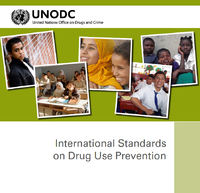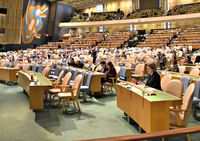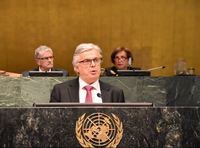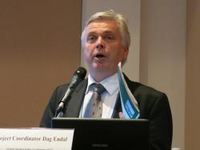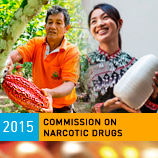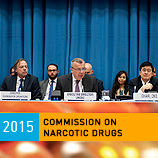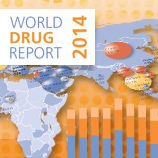UNODC: International Standards on Drug Use Prevention
This publication from the United Nations Office for Drugs and Crime (UNODC) is an excellent introduction to the state of the art of how to best prevent drug use and drug problems. The text draws upon a review of existing research on prevention and recommends the most effective interventions and strategies for various target groups.
United Nations Affirms Support for International Drug Control Conventions
Around 800 representatives from civil society organizations from all across the world joined the UNGASS conference in New York as observers and organizers of side-events. Here are some comments from prevention-oriented NGOs on the outcome of UNGASS.
The UNGASS Outcome Document:
A comprehensive menu for reducing drug-related harm
The UNGASS Outcome Document adopted in New York 19 April offers an excellent strategy for a comprehensive, balanced and effective policy to reduce both drug use and its related harm. The document contains a long menu of effective interventions that will reduce drug-related harm – if the words are made into action.
Dag Endal speaks at UNGASS 2016
Prevent drug problems, don't promote them
Said FORUT representative Dag Endal at the UN Thursday: "Prevention is effective, humane, cost-effective and empowering. Therefore: Prevent. Don’t Promote." Endal was speaking as a civil society representative at the United Nations General Assembly Special Session on the world drug problem.
FORUT representative to speak at UNGASS
Representing FORUT, Mr. Dag Endal, will take the floor as one of six civil society speakers at the forthcoming United Nations General Assembly Special Session on the World Drug Problem, UNGASS 2016.
Position papers to UNGASS
FORUT recommends a broad, balanced and prevention-oriented global drug strategy
Global drug strategies should be comprehensive, balanced and prevention-oriented. A more narrow harm reduction approach can never replace primary prevention and treatment/rehabilitation as the main strategy in global, national and local drug policies. This is the key message from FORUT in two position papers to the UNGASS process.
"Alternative development" on the agenda at UNGASS meetings in Vienna
A full plenary session was devoted to "Alternative development" at the UNGASS preparatory meetings in Vienna, along with a number of side-events giving practical examples from the field. Alternative development projects aim to provide sustainable livelihoods to those communities, and also target those that engaged in illicit cultivation in the past or are vulnerable to starting illicit cultivation in the future.
UNODC Executive Director calls for evidence-base practices in drug prevention and treatment
New FORUT publication advocates
A broad, balanced and human drug policy
Governments and NGOs should reject the simplistic debate choice, that it’s either drug legalization or a war on drugs, concludes FORUT in a new drug policy publication. Instead, they should focus on the “third way”; a broad, balanced and human drug policy within the framework of the existing UN drug conventions and with prevention as priority number one.
World Drug Report 2014:
Control of precursor chemicals is a growing challenge
“Given the growing manufacture of synthetic drugs, the control of chemicals known as precursors, has emerged as a key supply control strategy. This is because the traditional approaches, such as eradication of illicit crops and alternative development, cannot be applied to synthetic drugs”.
